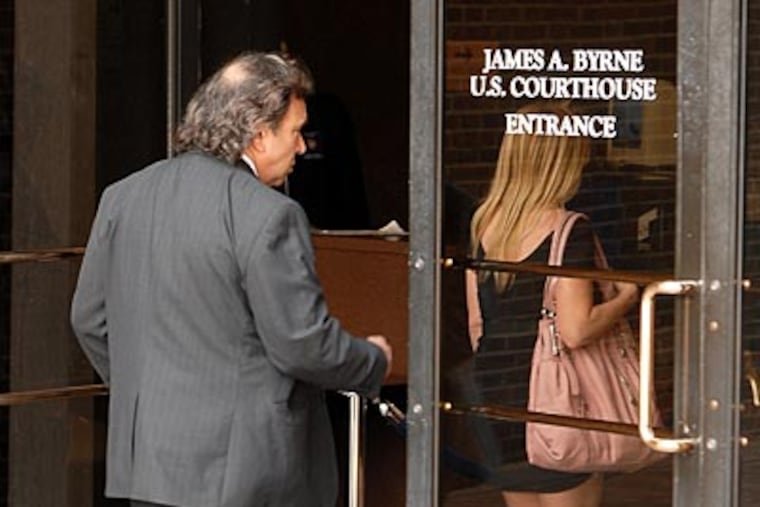Editorial: No need for candid cameras
The sheer volume of Web-cam photos snapped by the Lower Merion School District to track school-issued laptops indicates how oblivious school officials were to students' privacy rights.

The sheer volume of Web-cam photos snapped by the Lower Merion School District to track school-issued laptops indicates how oblivious school officials were to students' privacy rights.
An investigation by the district found that nearly 56,000 images were taken after tracking software was turned on, usually when a computer was reported missing.
Henry E. Hockeimer Jr., the attorney hired by the district to lead the inquiry, said the photos did not capture students in embarrassing poses.
But that doesn't excuse the district's actions. As Hockeimer said: "The taking of these pictures without student consent in their homes was obviously wrong."
In fact, every one of the photos was inappropriate, since they violated students' expected right to privacy in their own homes.
Harriton High School sophomore Blake Robbins - whose federal privacy lawsuit in February exposed the tracking effort - was photographed asleep while shirtless, according to his family's attorney.
School officials stumbled badly by failing to alert students and their families that the Web cams on their laptops could be activated as an antitheft measure. But even with such disclosure, the tracking program posed too much of a risk to students' privacy.
From a technical point of view, there were far more effective means to track lost or stolen computers that wouldn't have involved turning the laptops into spy-cams.
It's clear that Lower Merion officials need to explore other, nonintrusive security measures to keep track of the laptops. That said, there are more questions to answer about the Web-cam controversy and a need for greater disclosure.
It's a good idea for district officials to have parents review the images taken of their children, if only to reassure families as to the full dimension of any privacy breaches.
District officials also need to explore whether any staff abused the tracking program for purposes other than tracking missing laptops.
Hockeimer's review turned up a number of instances where it is not clear why laptop cameras were activated. Federal officials investigating the controversy will likely provide a more thorough and independent review.
Students might have been shielded from Web-cam surveillance had state or federal wiretap laws clearly applied to the secretive recording of soundless video images. Fortunately, U.S. Sen. Arlen Specter (D., Pa.) hopes to close that loophole with congressional legislation he introduced last week.